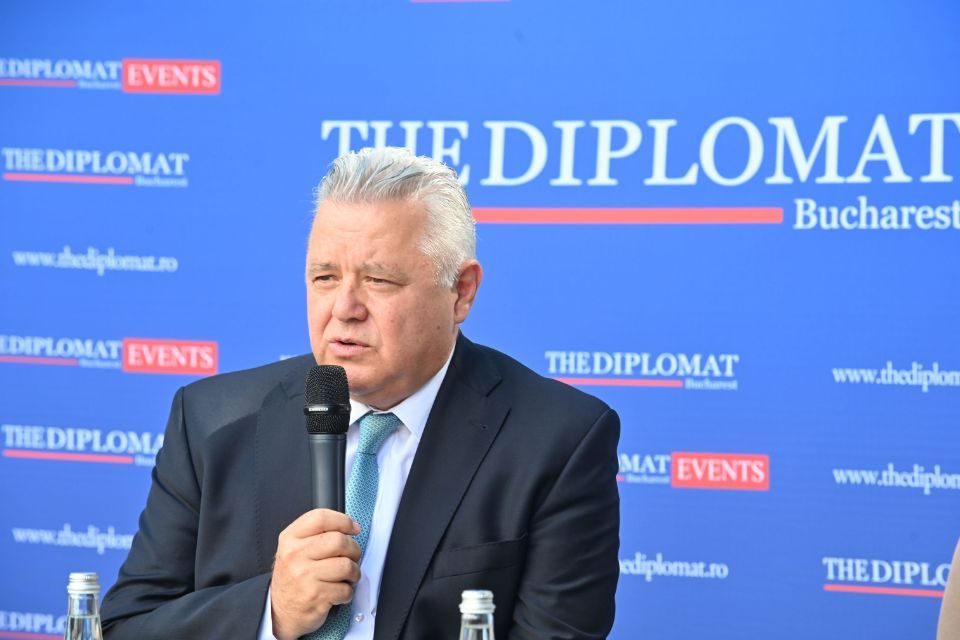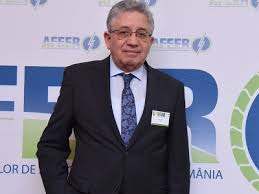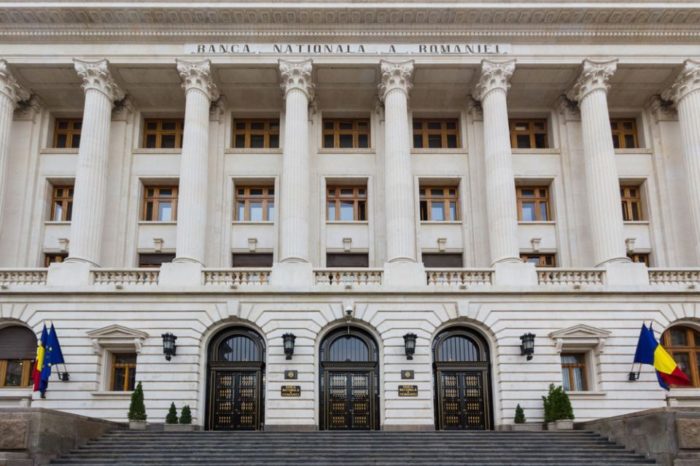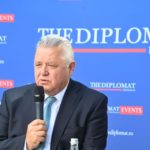Niculae Havrilet, MEEMA: “The financial support at European level for activities related to natural gas should be kept on the legislative and political agenda”

“Regional cooperation lies at the core of our energy policy. CESEC initiative proved in the last years its essential role in bringing Member States and their neighboring countries working together to actively promote energy cooperation, attract a wider and faster level of investment especially given the new energy dynamics, encourage innovation in the energy sector through the use of new technologies, all these resulting in a more fluid, integrated and competitive regional energy market,” Niculae Havrilet, State Secretary, Ministry of Economy, Energy and the Business Environment says.
“The COVID crisis catalyzed Europe’s greening trends. The new economic model implemented by the transition process will require a better understanding concerning the deployment of innovative technologies in order to maintain and safeguard our economic competitiveness in the context of post-pandemic recovery,” Havrilet explains.
“Achieving this goal involves significant volumes of investments throughout the technology chain. The European Commission has proposed an ambitious plan for the economic recovery – Next Generation EU, an opportunity for our region.
The transition can be achieved through a large variety of options, recognizing the regional differences, allowing for tailored-made solutions, identifying the best suitable decarbonisation path, using all the innovative technologies and low carbon energy sources available, natural gas playing a key and lasting role in this respect.
For Romania, natural gas brings a significant contribution to the national energy security and, moreover, in the near future, will play an important role in replacing the energy produced out of heavy pollutant fossil fuels. From this perspective, we believe that the financial support at European level for activities related to natural gas should be kept on the legislative and political agenda.
Taking stock of today’s presentations, we envisage the decarbonisation of the gas sector by deploying a higher degree of renewable energy in the system, including offshore renewable energy, and I take a moment to highlight the Black Sea potential in this regard, as well as by introducing new energy carriers such as Hydrogen and renewables gases.
In addition, the gas infrastructure will have to be upgraded to carry increased shares of new gases. Moreover, we plan to promote technological innovation, encourage private investment and advocate for strategies that facilitate the development of low-carbon energy capacities. These options will provide secure and reliable back-up and establish strengthened sector integration through increased digitalization.
At regional level, our focus should be on deploying consistent efforts to develop low-carbon, economically viable technologies, high-efficiency technologies that will be able to provide the final consumers with a lower carbon emissions energy mix. The energy transition should offer opportunities for economic growth, job creation and technological development. Therefore, it is important to establish a flexible framework that allows Member States to identify the most effective way to transform their economies, while enjoying the support and acceptance of their citizens.”














